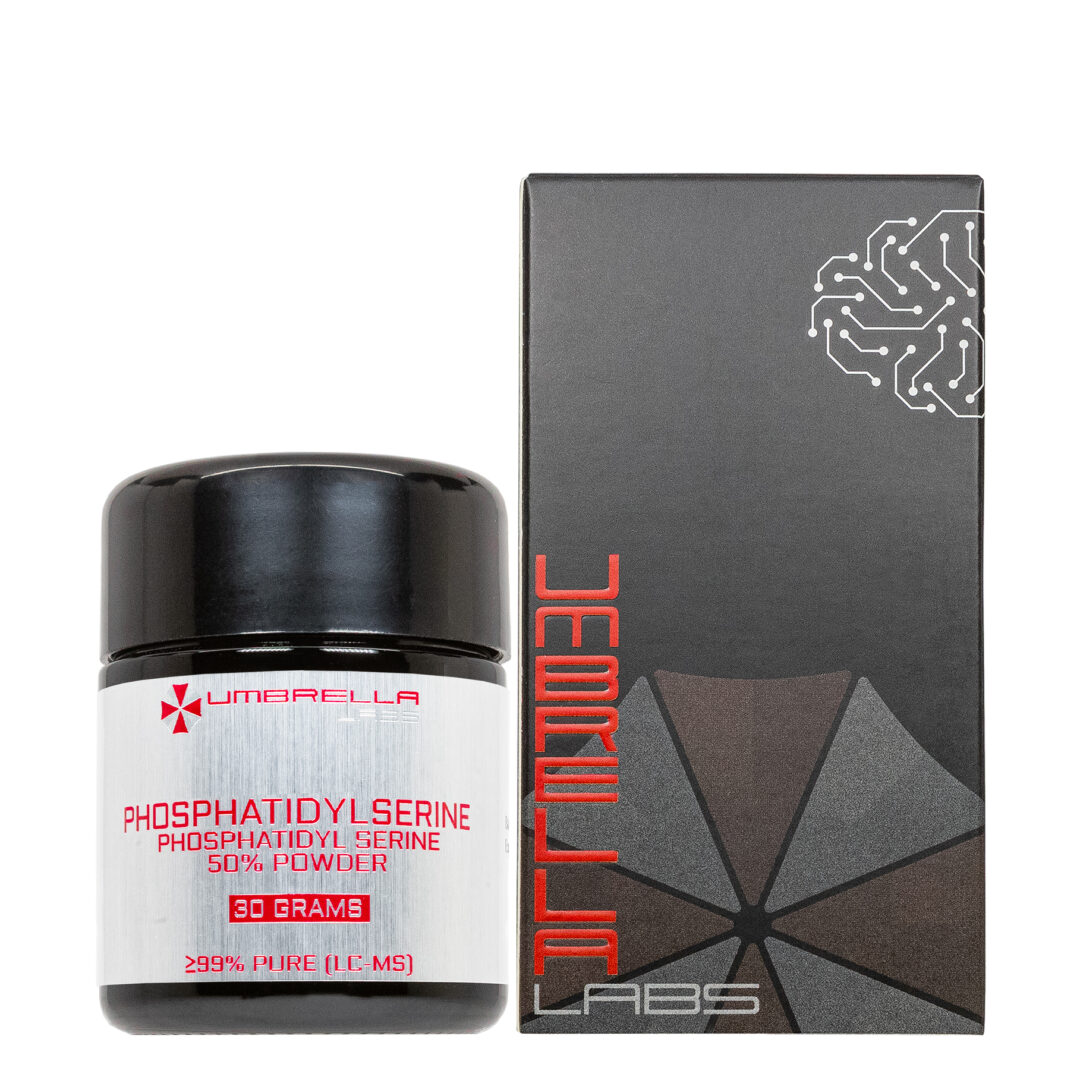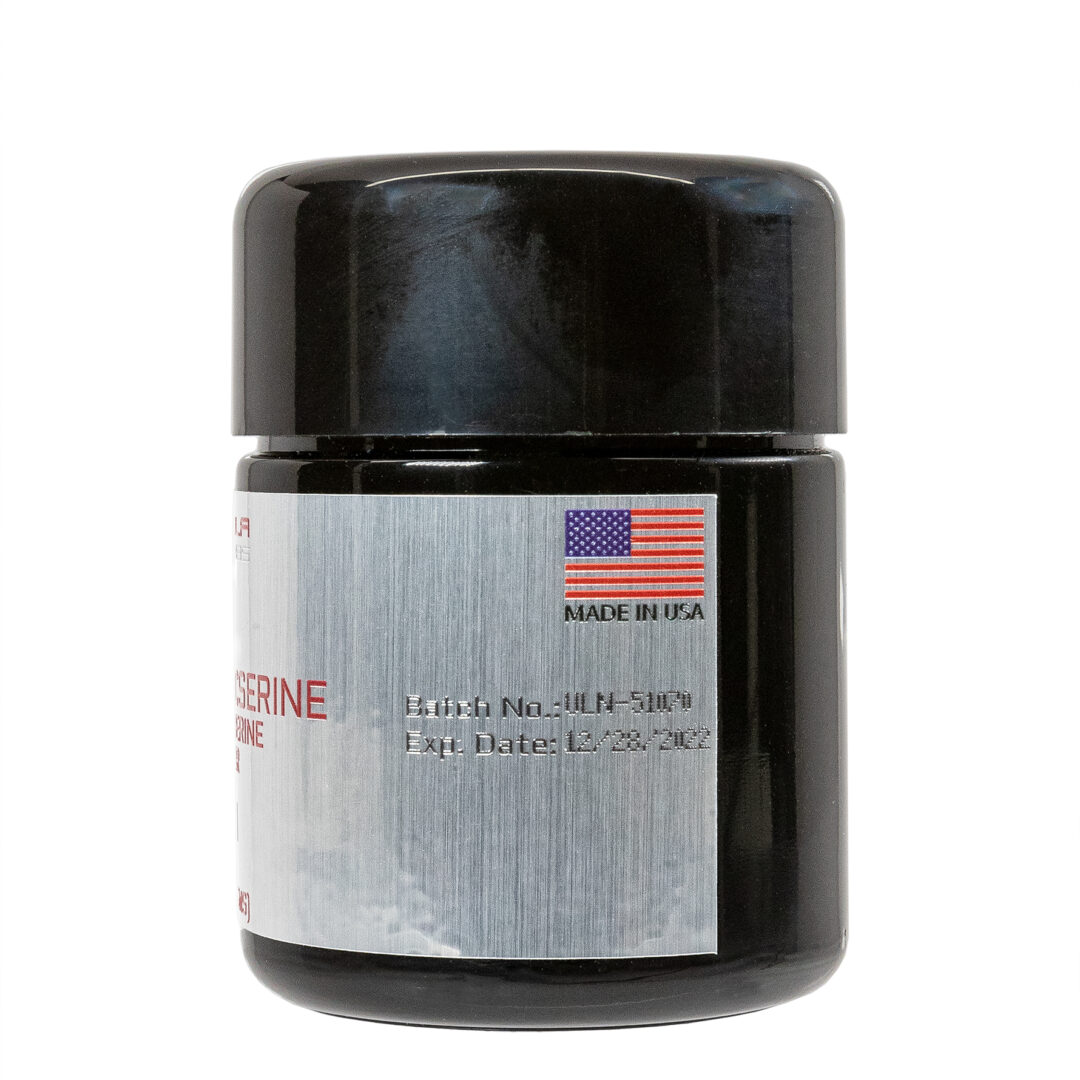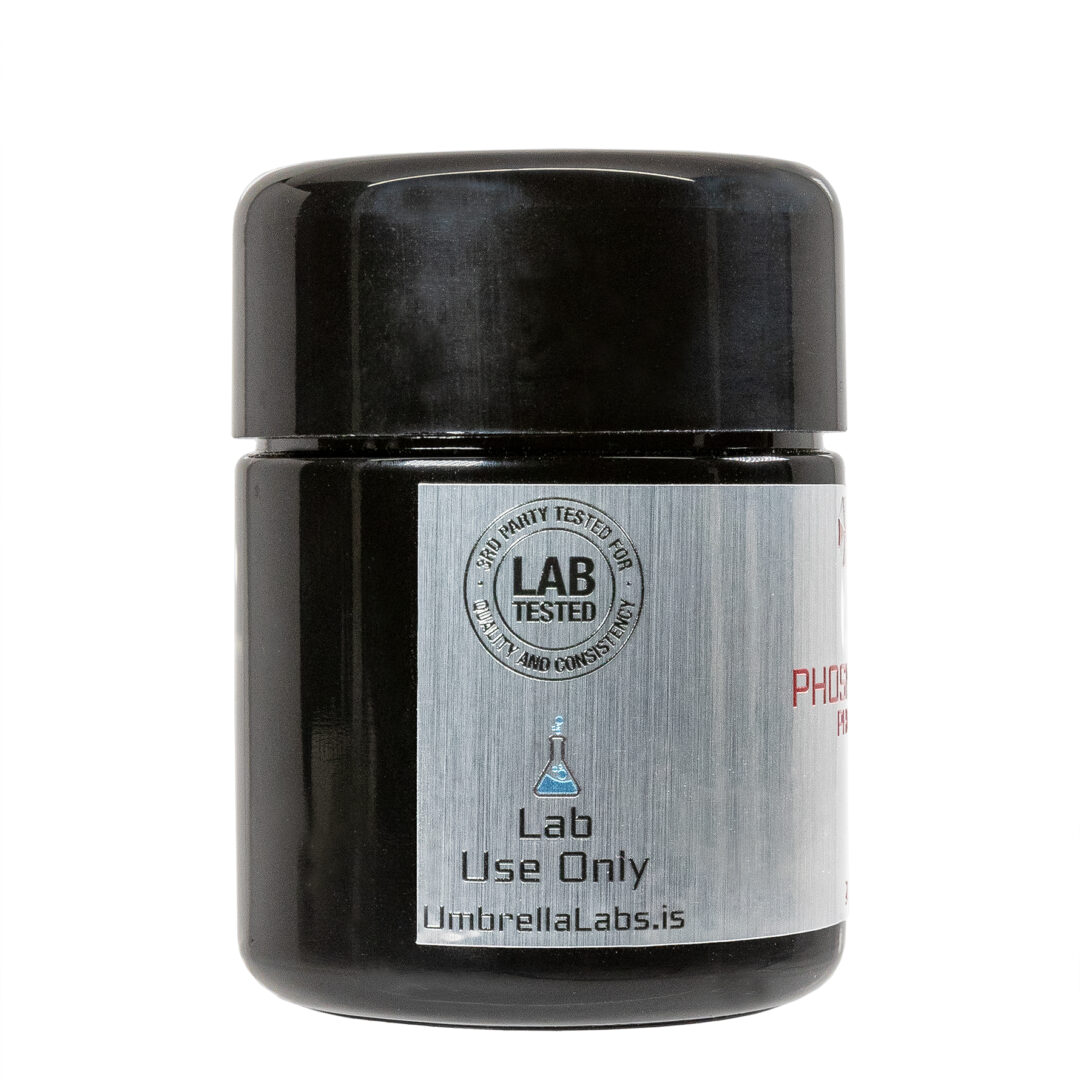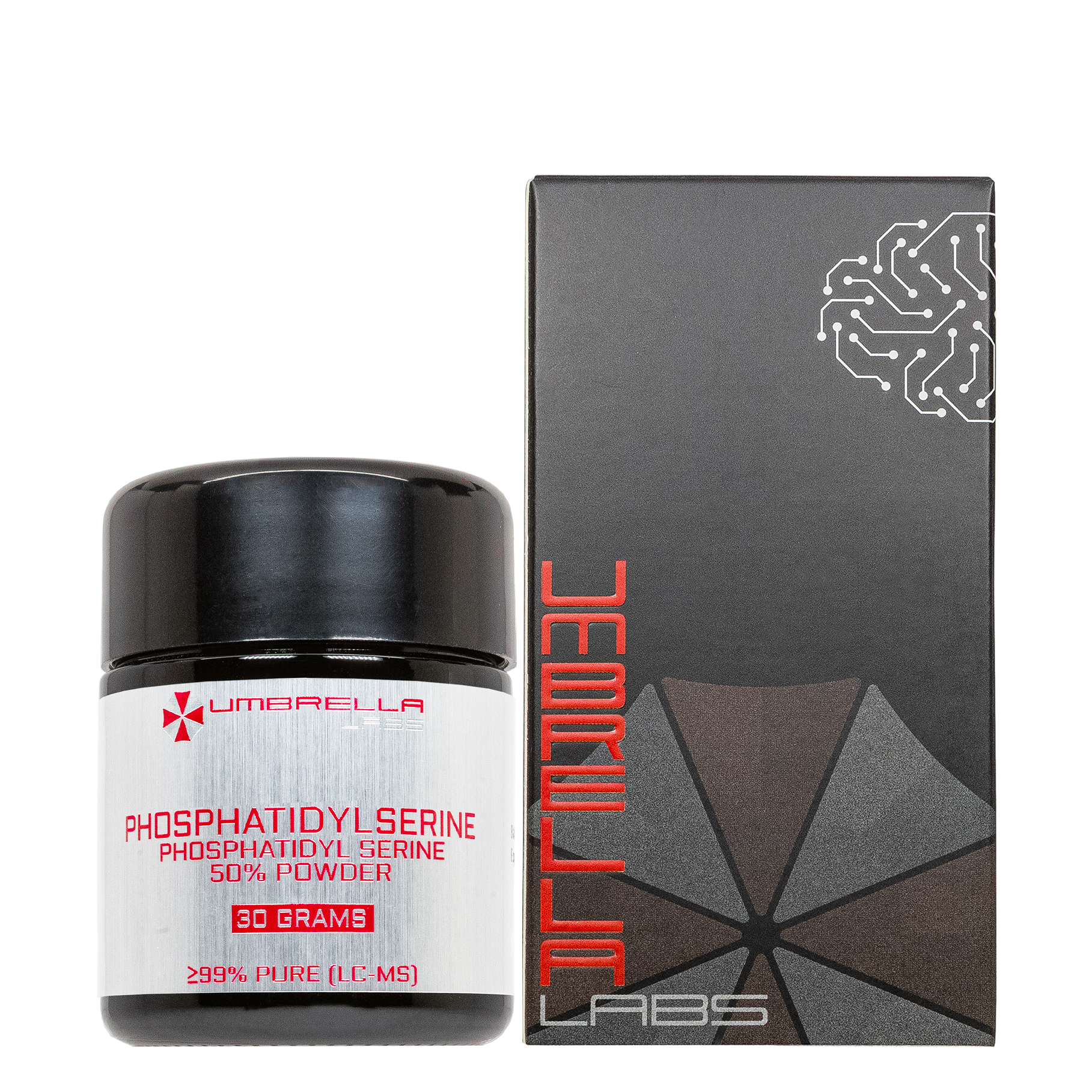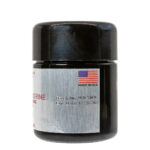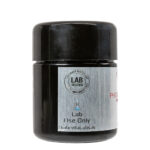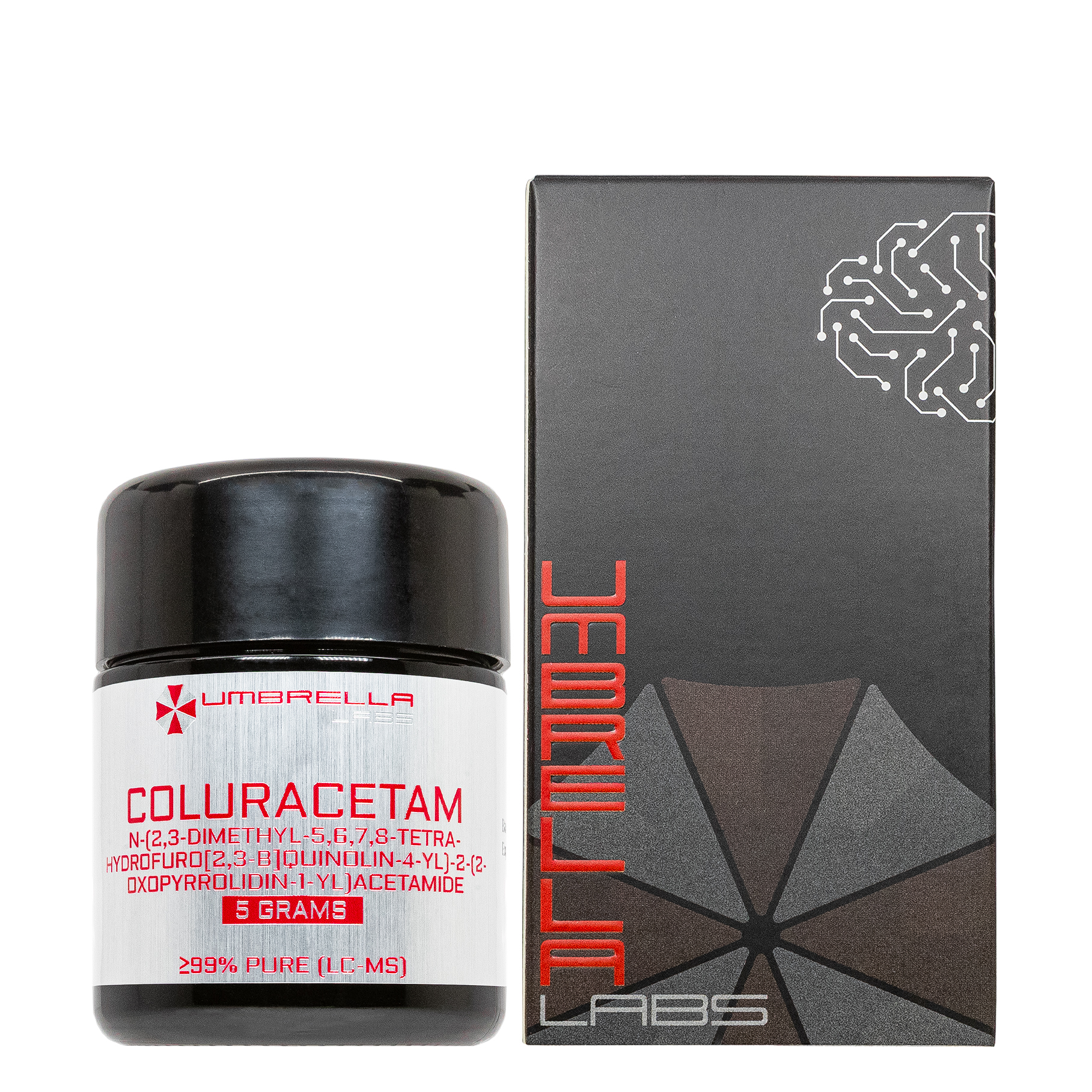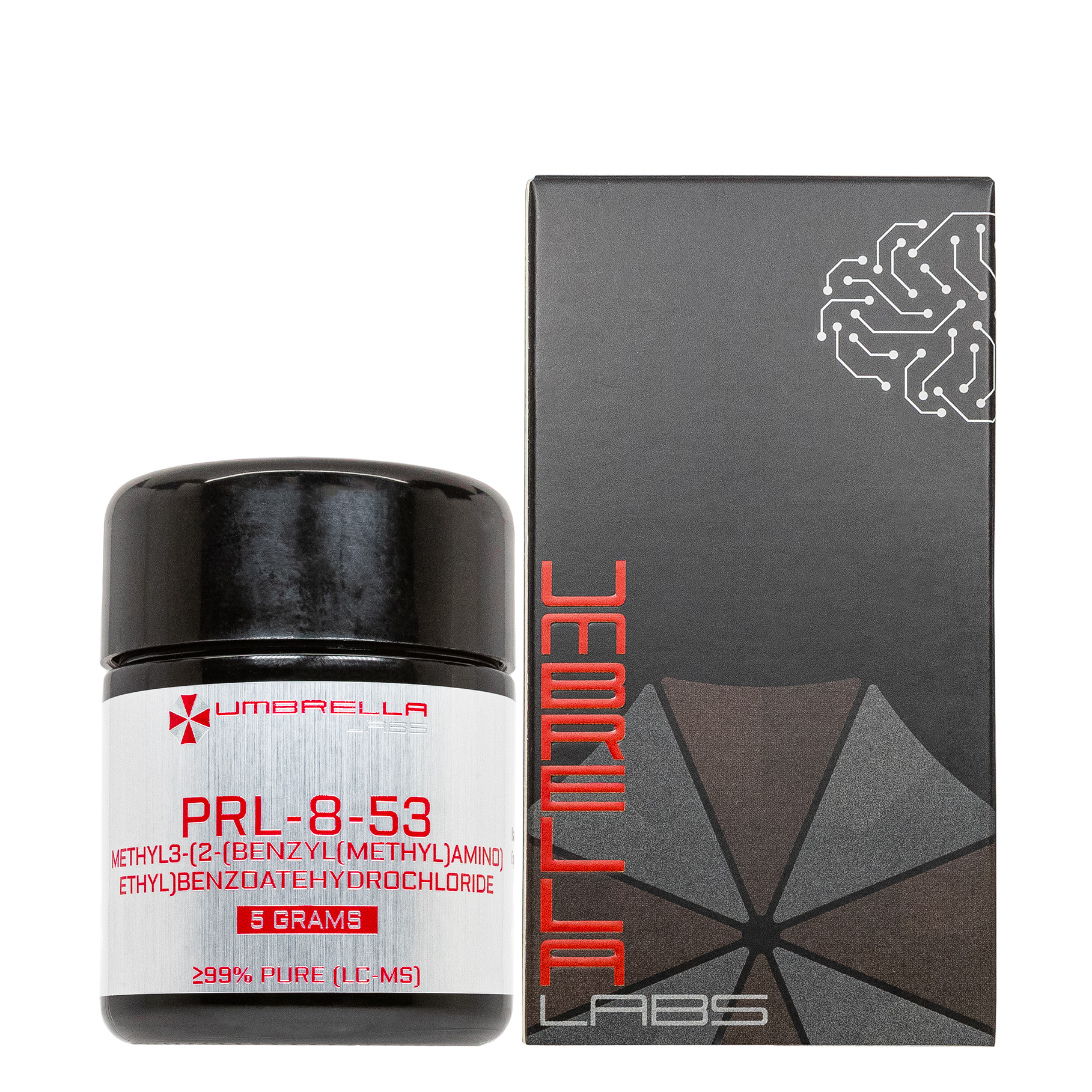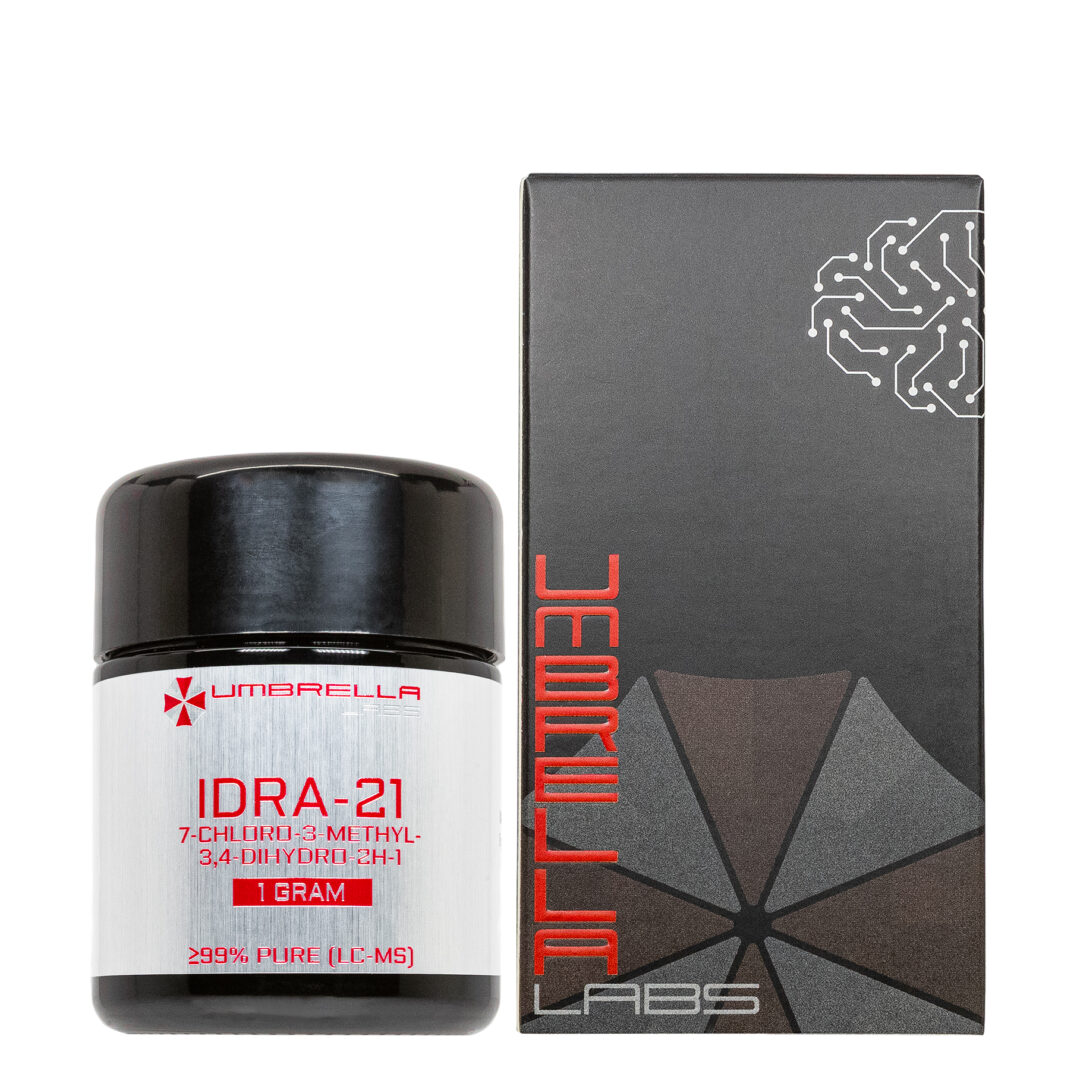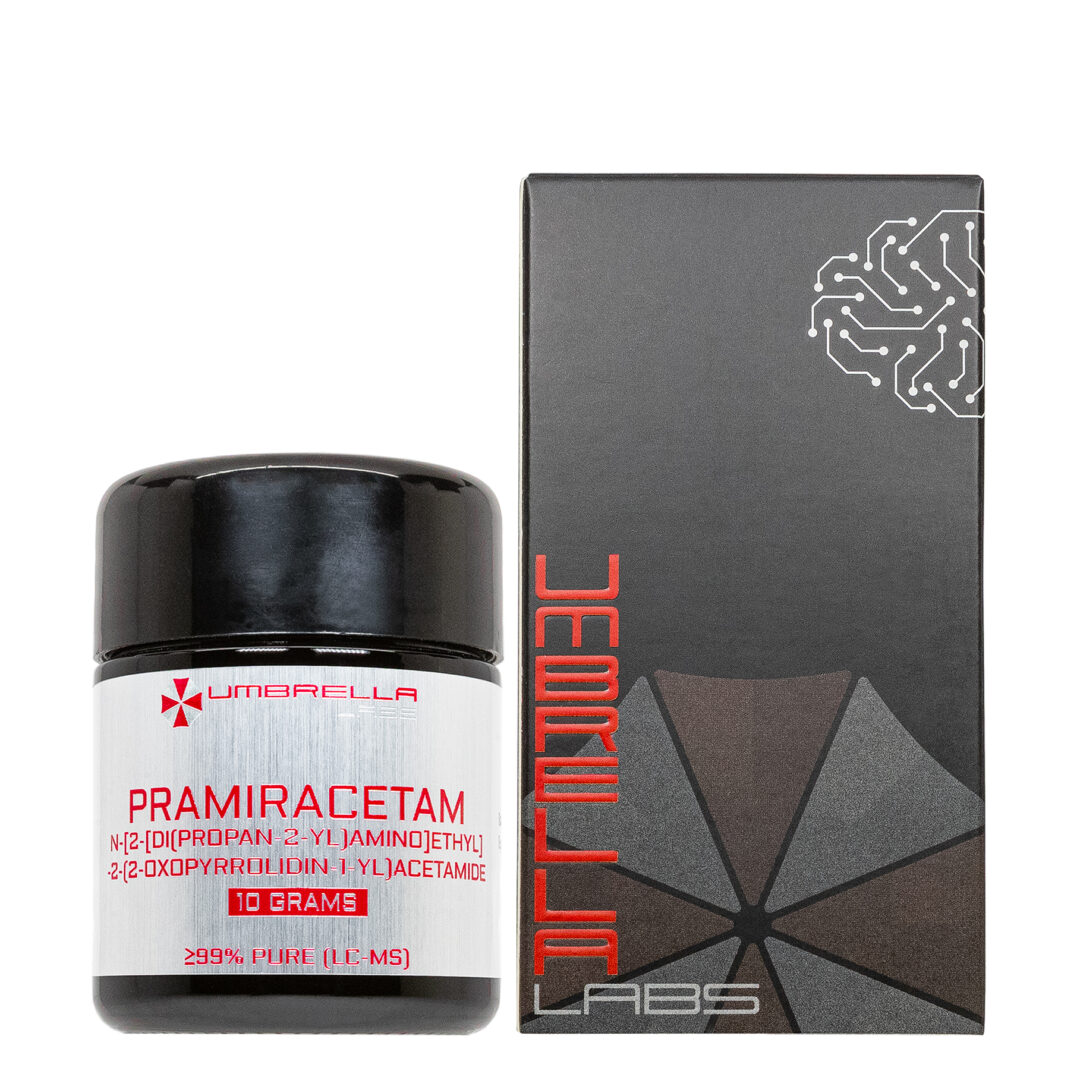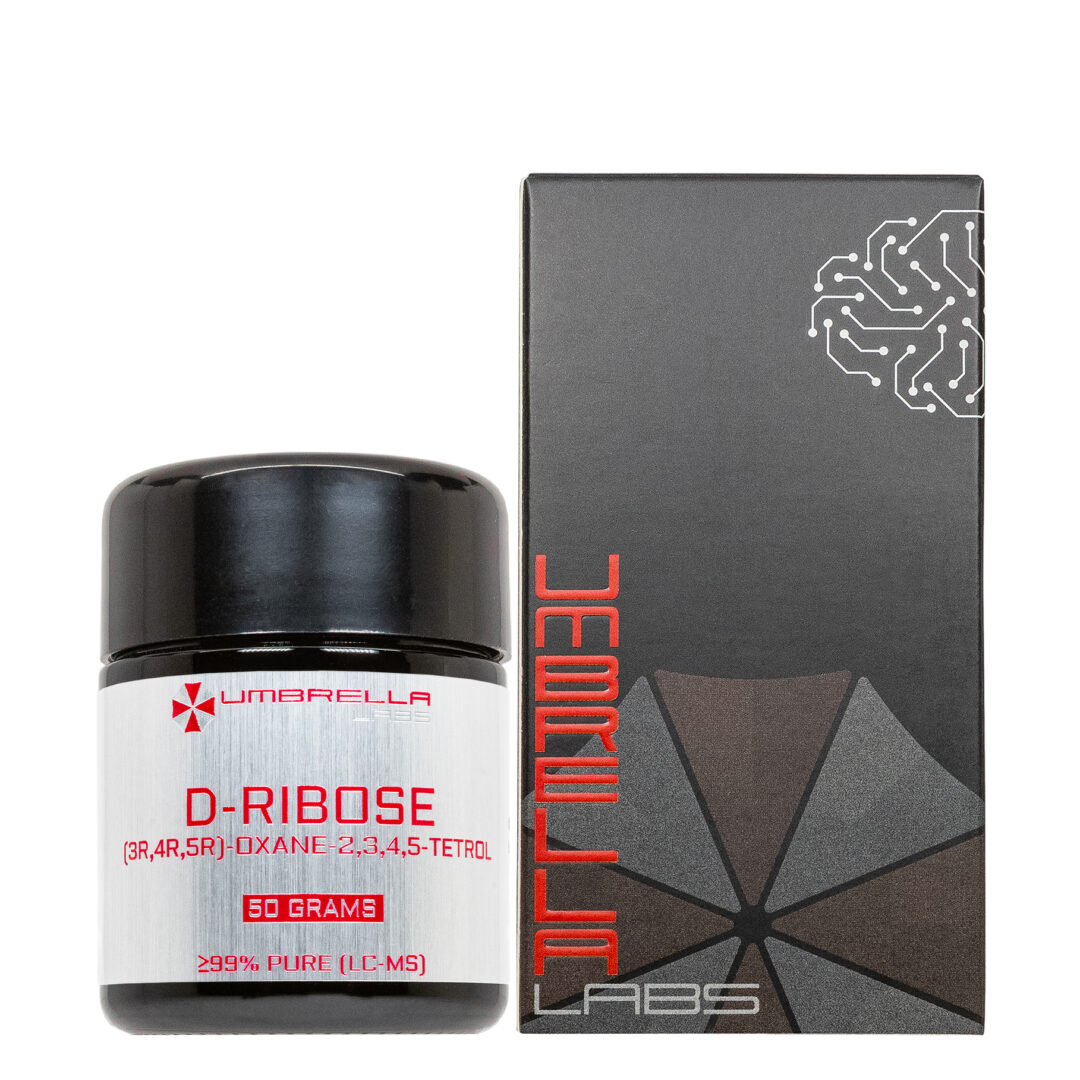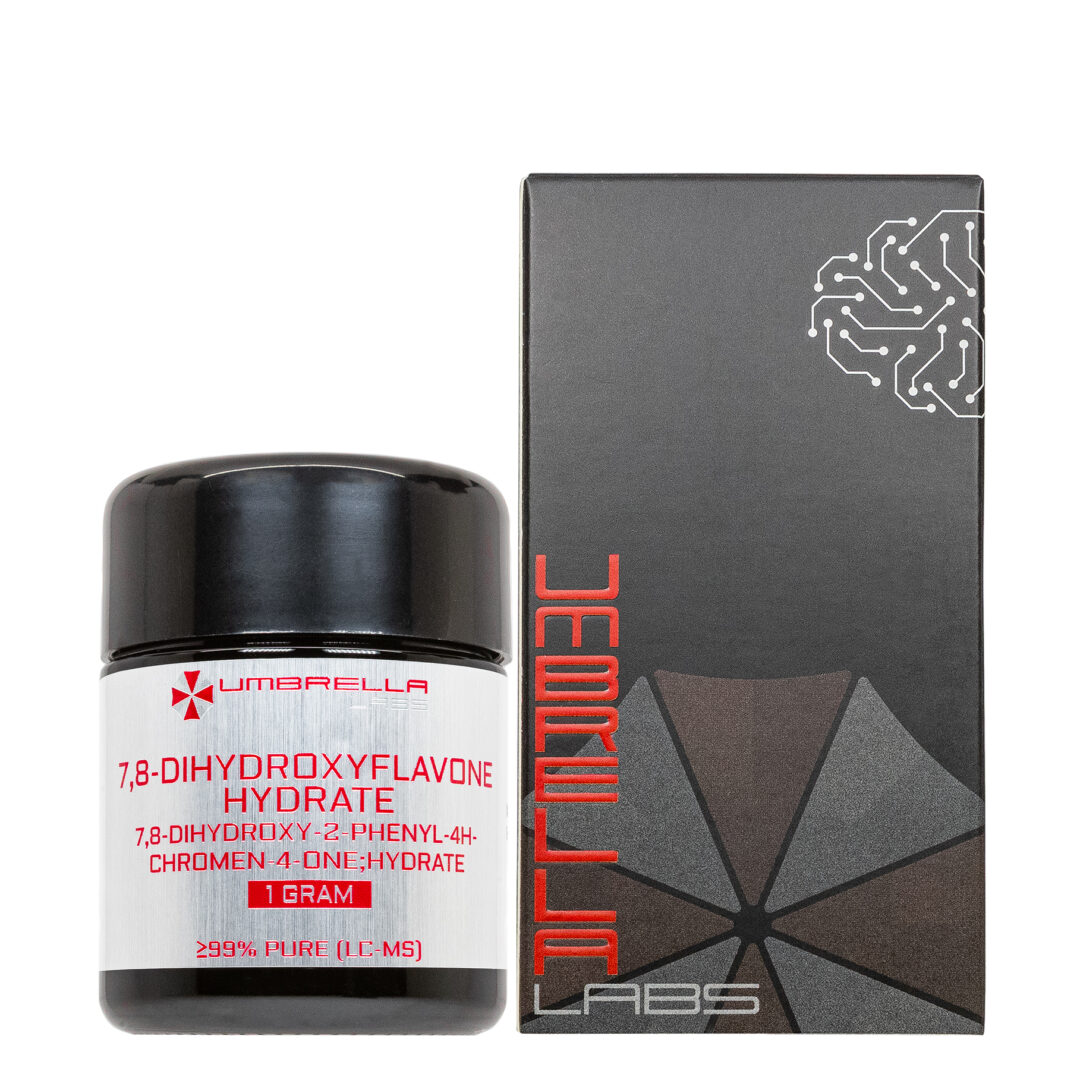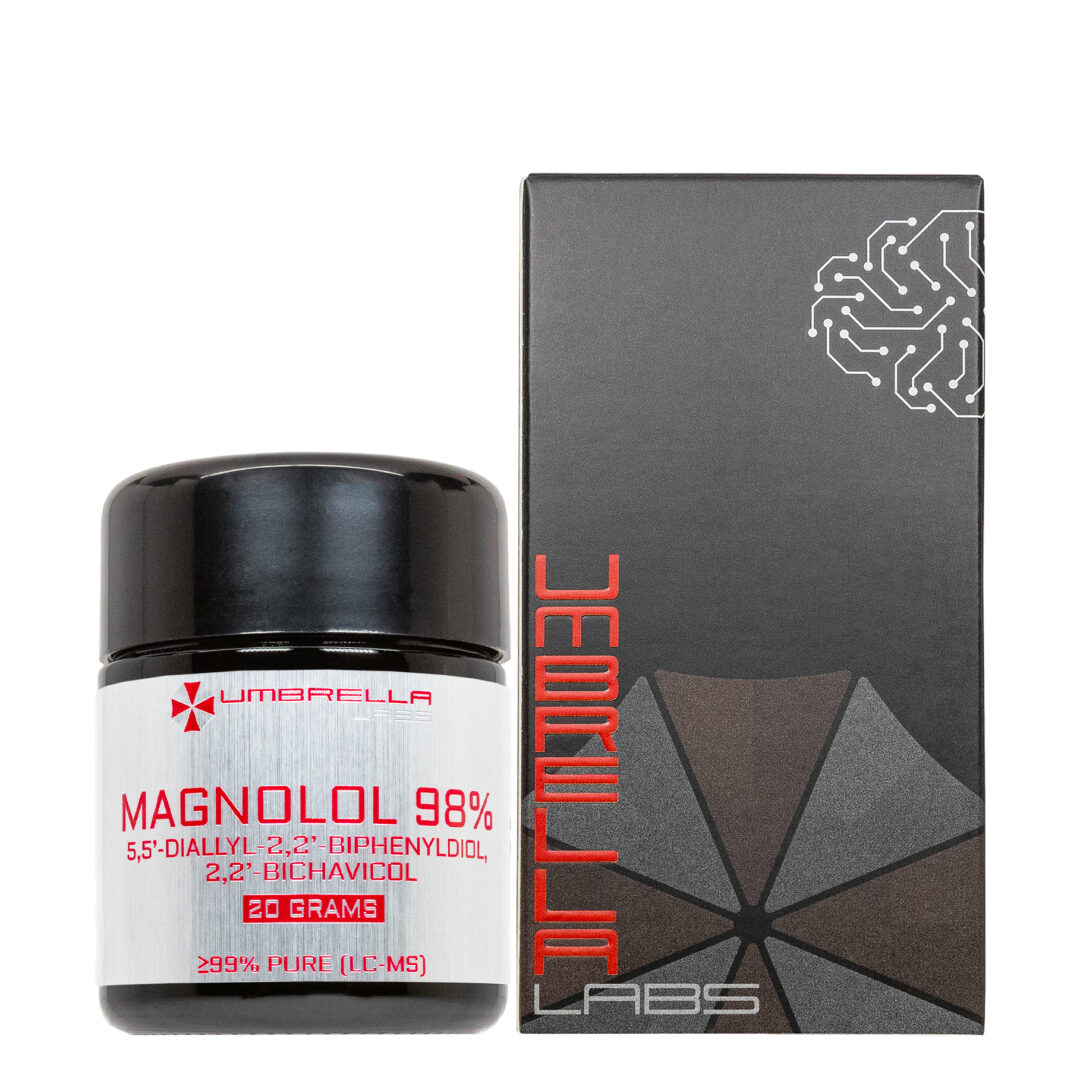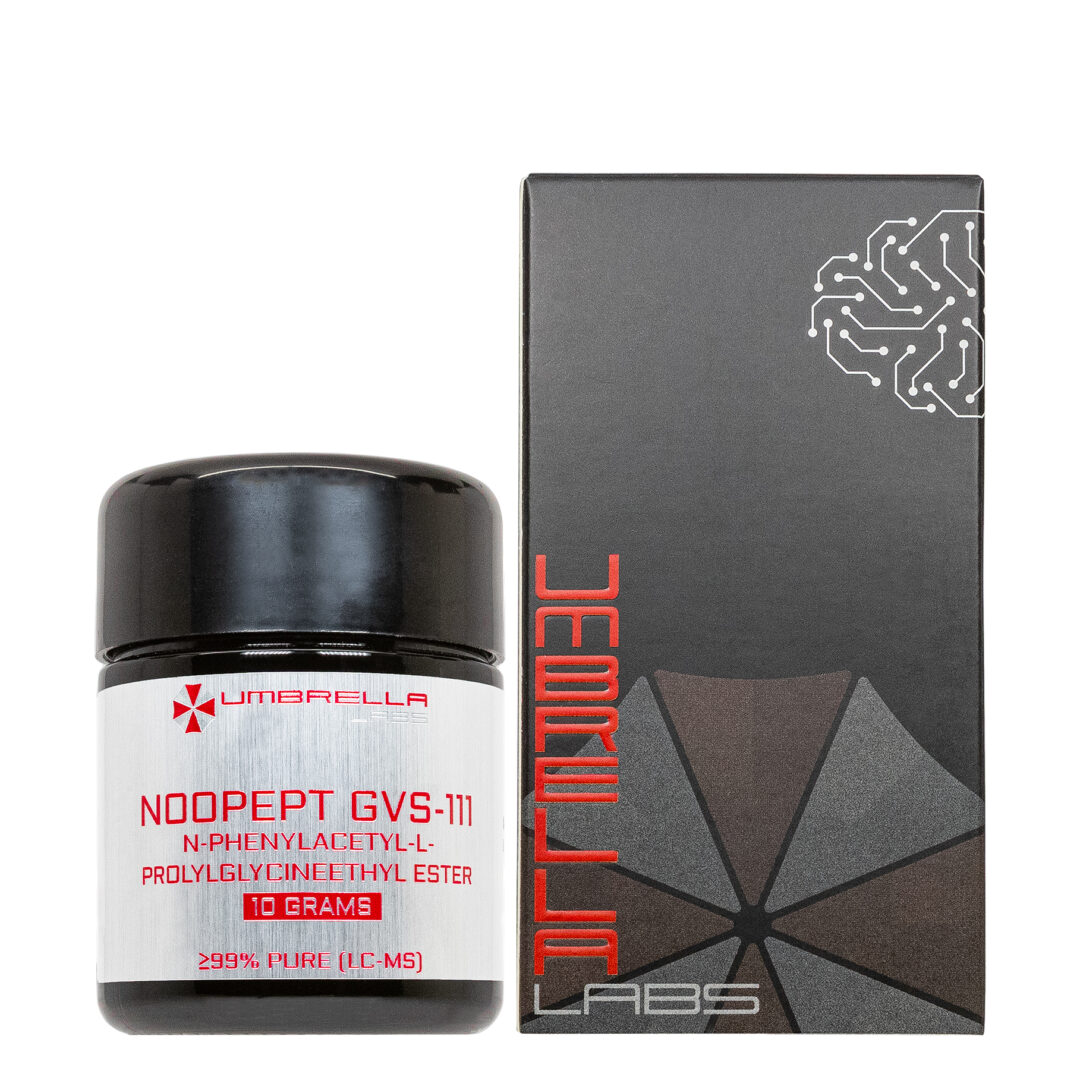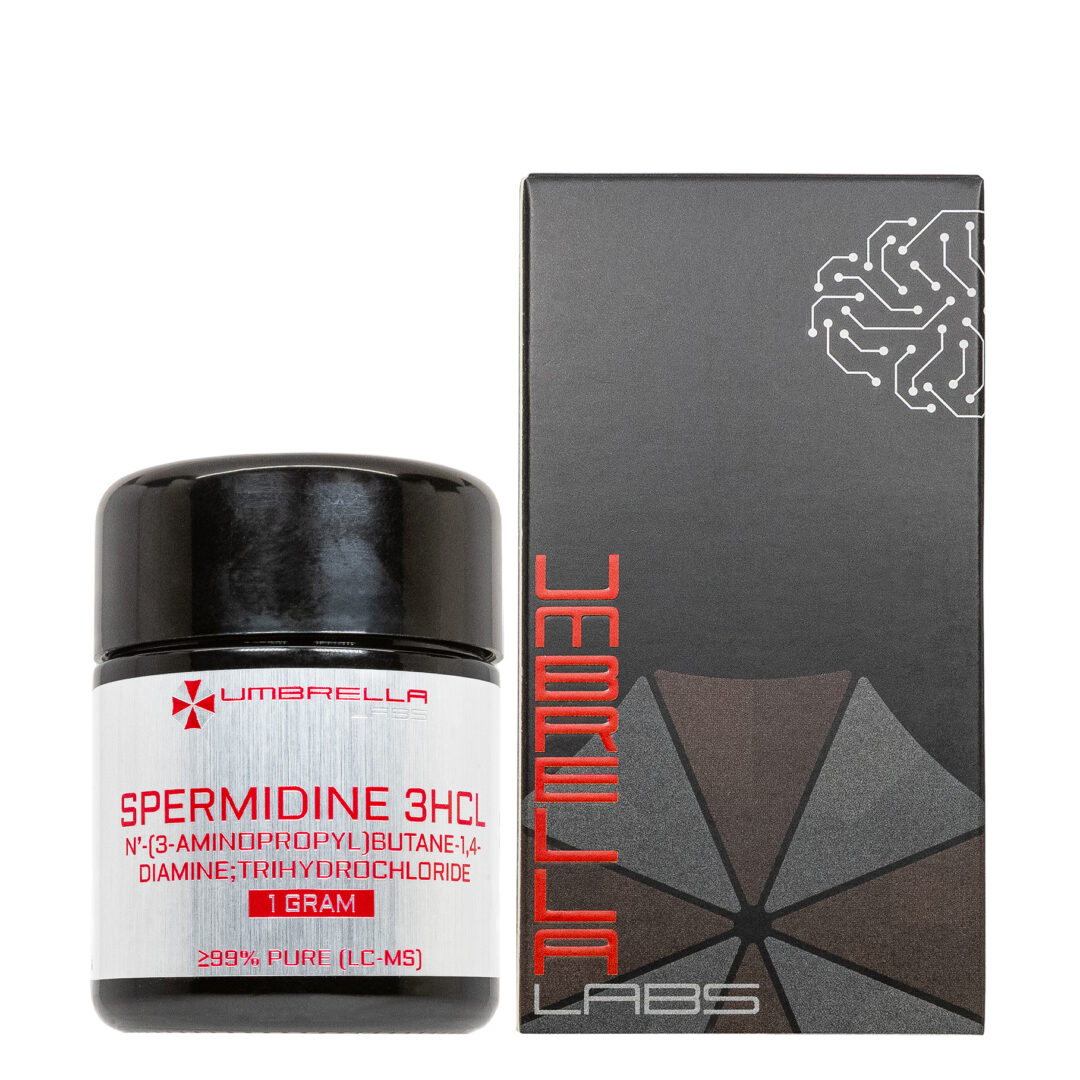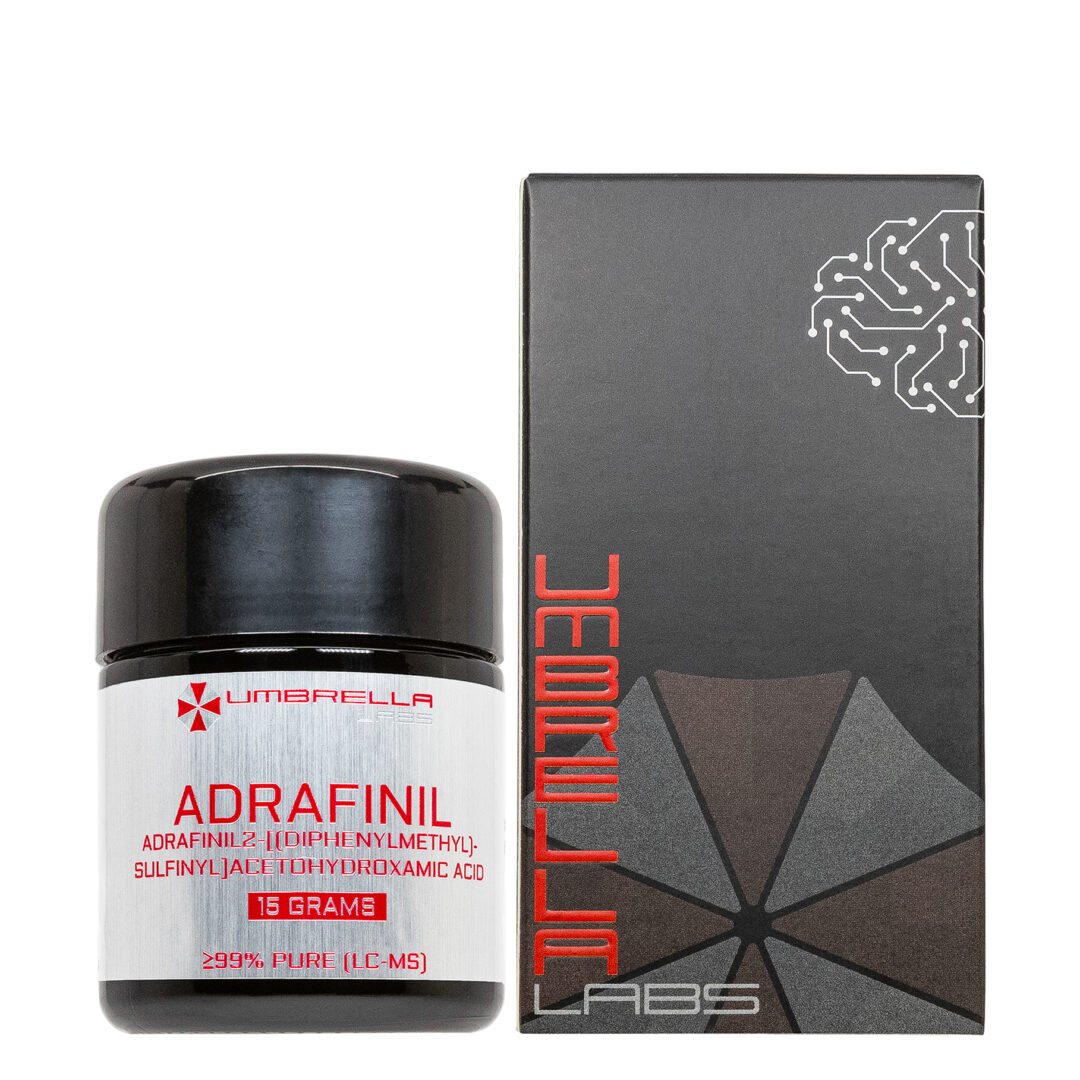PHOSPHATIDYLSERINE POWDER (30 GRAMS)
$40.99
Phosphatidylserine 50% Powder is sold for laboratory research use only. Terms of sale apply. Not for human consumption, nor medical, veterinary, or household uses. Please familiarize yourself with our Terms & Conditions prior to ordering.

- Description
Description
PHOSPHATIDYLSERINE 50% NOOTROPIC POWDER
![]()
![]()
![]()
![]()
![]()
![]()
![]()
![]()
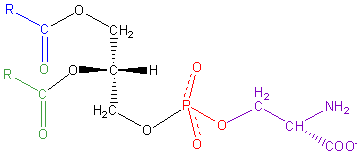
| CAS Number | 51446-62-9 |
| Other Names | Distearoylphosphatidylserine, 51446-62-9, Phosphotidylserine, 1,2-dioctadecanoyl-sn-glycero-3-phosphoserine, Distearoyl phosphatidylserine |
| IUPAC Name | (2S)-2-amino-3-[[(2R)-2,3-di(octadecanoyloxy)propoxy]-hydroxyphosphoryl]oxypropanoic acid |
| Molecular Formula | C₄₂H₈₂NO₁₀P |
| Molecular Weight | 792.1 |
| Purity | ≥99% Pure (LC-MS) |
| Liquid Availability | N/A |
| Powder Availability | |
| Gel Availability | N/A |
| Storage | Store in cool dry environment, away from direct sunlight. |
| Terms | All products are for laboratory developmental research USE ONLY. Products are not for human consumption. |
Benefits and Effects of Phosphatidylserine
Phosphatidylserine (PS) is a naturally occurring phospholipid compound. PS is similar to the dietary fat storage molecule, triacylglyceride, however, the compounds differ based on structure. Instead of three fatty acids, PS is composed of two fatty acids with a phosphatacid molecule and a serine amino acid on the third glycerol binding site. Following synthesization of PS, the compound is used to uphold the structure of the cellular membrane. When included in the cellular membrane, researchers have observed upregulation of the enzyme Na+/K+ stimulated ATPase and downregulation of the enzyme acetylcholinesterase. In vitro studies conducted on rats have found that levels of PS decrease with age, leading to various cognitive deficiencies associated with decline. Additionally, the compound has been shown to play a role in regulating stress levels through the hormone, cortisol, and treating disorders such as ADHD.
Animal-based studies have examined the effects of PS on stress levels in healthy subjects without any previous stress conditions. The subjects were put through stress-inducing tests prior to treatment and then were randomly placed into either an experimental or placebo group. Before any treatment was administered, baseline cortical activity was measured through EEG before and after the stress-inducing tests. The EEG reported power levels of Theta, Alpha-1, Alpha-2, Beta-1, and Beta-2 brain waves. Supplementing 200 mg of PS over the course of 42 days led to a decrease of Beta-1 power in the right hemispheric frontal portion of the brain which correlated to a relaxed state in the subjects. This study used both cortisol and heart rate as biomarkers for measuring stress, however, results were not 100% reliable since the relaxed state and decreased Beta-1 waves did not always correlate to decreased cortisol and heart rate (https://pubmed.ncbi.nlm.nih.gov/18616866/).
Further studies were conducted examining how both bovine cortex PS and soy lecithin derived-PS effected changes in exercise-induced cortisol or ACTH levels. By observing the trends of these studies, researchers found that bovine cortex PS is capable of reducing cortisol levels when given in large doses. However, further research must be conducted in order to come to a clear conclusion regarding effective dosages.
In addition to the effects PS has on stress levels, evidence has found that the compound is capable of treating cognitive disorders such as ADHD and improving cognitive functioning related to age decline. Studies conducted on adolescent animals have found that PS drastically reduces symptoms of ADHD and improves attention. The subjects were given 200 mg of the compound over the course of two months. Symptoms were closely monitored during the experimental period and cross-referenced with the DSM-5 in order to keep track of symptom changes in the test subjects. Researchers also noted an improvement in short-term auditory memory and overall impulsivity. Further studies have indicated that the effects of PS on attention and ADHD could be strengthened by pairing the compound with fish oil. Binding EPA and DHA to the glycerol backbone of PS leads to increased erythrocytic fish oil fatty acid levels which further improves the benefits of the compound (https://examine.com/supplements/phosphatidylserine/research/#d2PnmJx-sources-and-structure-1).
Research has reported that PS plays a key role in combating symptoms of age-related decline such as memory and learning capabilities as well as overall cognitive functioning. These benefits were observed in both bovine cortex PS and soy lecithin derived-PS. Researchers Kato-Kataoka et. Al examined how soy lecithin derived-PS (soy-PS) affected aged animals experiencing memory loss. The subjects were given either 100 mg of PS, 300 mg of soy-PS, or a placebo daily over a 6-month experimental period. Results reported that after 6 months, the subjects receiving the active compound that originally had low baseline memory scores experienced a drastic improvement in memory function, primarily verbal recall. The researchers also noted that soy-PS was well tolerated in aged subjects and did not lead to any negative changes in vitals or blood work.
Another notable study conducted by Claro et. Al examined the efficacy of bovine cortex PS (BC-PS) on scopolamine-induced memory loss in animals. The mice were administered either a placebo or 50 mg/kg of BC-PS and were expected to perform a passive avoidance (PA) test and a contextual fear condition (CFC) test. Latency was observed in the placebo group on the PA test but not in the experimental group. Results also reported that the experimental group had improved retention during the CFC test. Following the testing period, researchers were able to conclude that administration of BC-PS leads to an improvement of scopolamine-induced amnesia (https://europepmc.org/article/MED/16624469),
The nootropics sold by Umbrella Labs are sold for laboratory research only. The description above is not medical advice and is for informative purposes only.
Phosphatidylserine 50% Powder is sold for laboratory research use only. Terms of sale apply. Not for human consumption, nor medical, veterinary, or household uses. Please familiarize yourself with our Terms & Conditions prior to ordering.
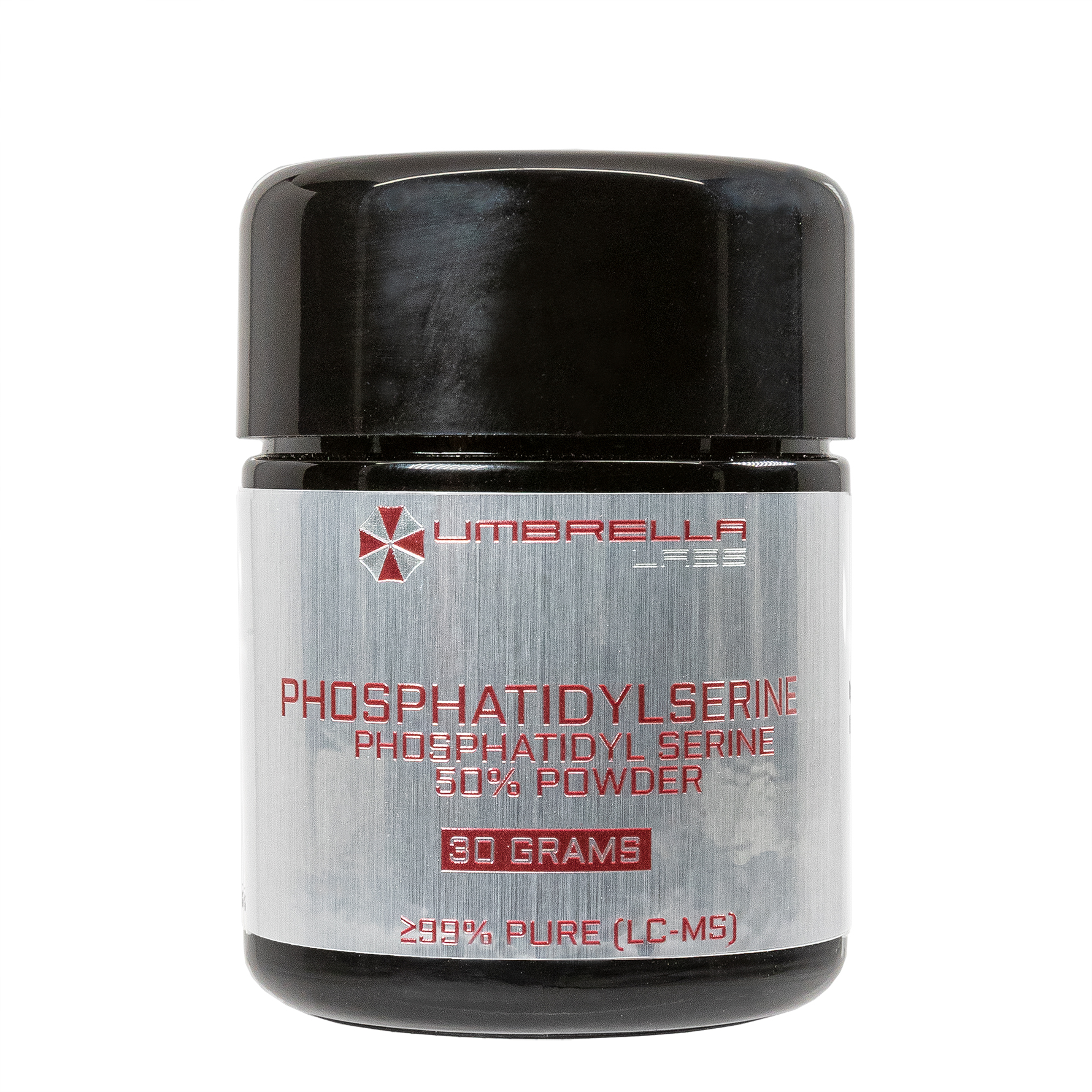
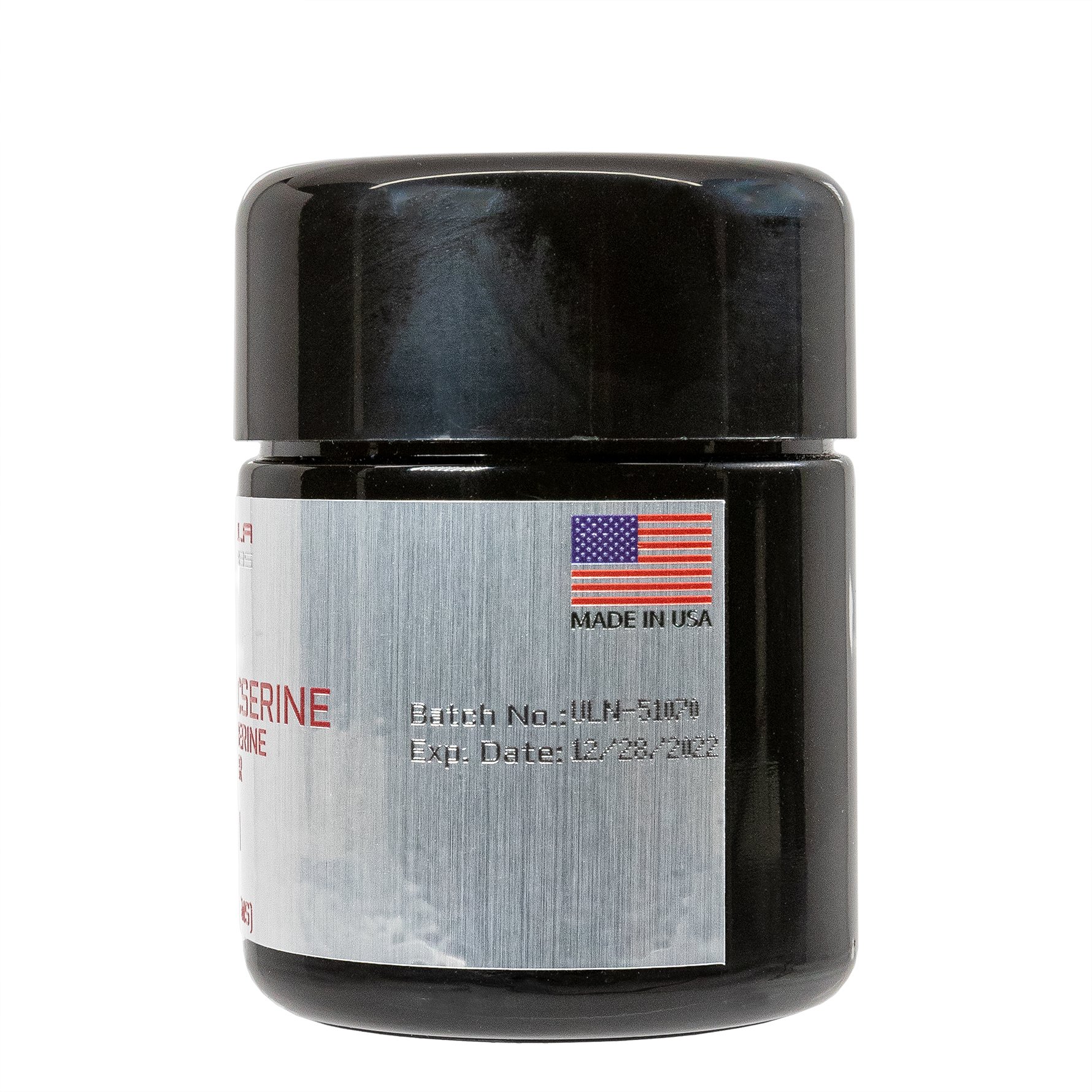
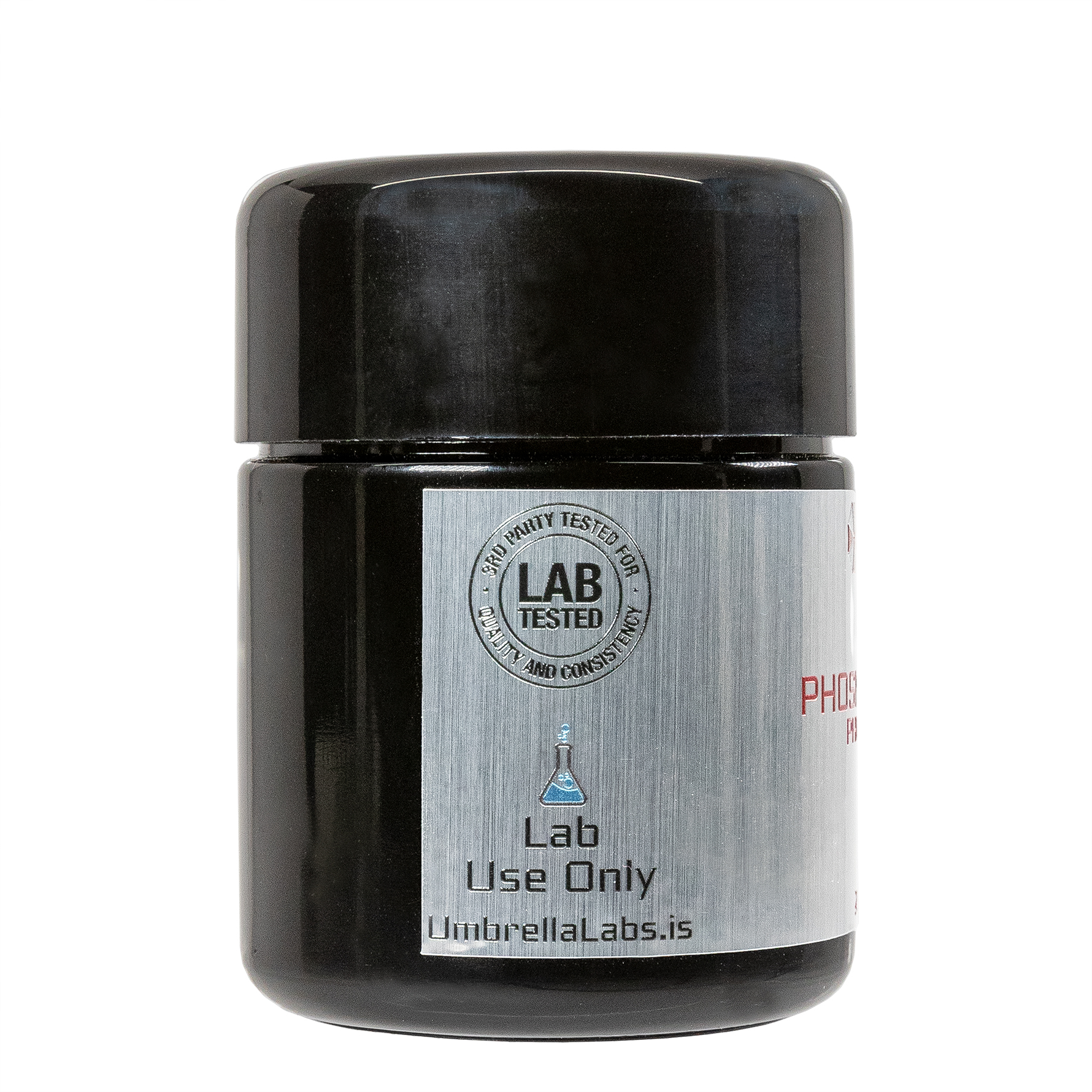
| File Name | View/Download |
| Coming Soon! |
VIEW CERTIFICATES OF ANALYSIS (COA)

